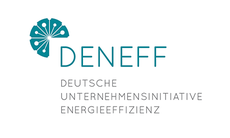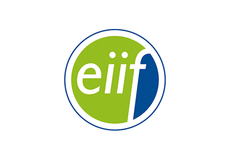Search eceee proceedings
Simplifying funding conditions for competitive tenders: more energy savings with less paperwork
Panel: 1. Policies and programmes to drive transformation
Authors:
Peter Radgen, University of Stuttgart Institute of Energy Economics and the Rational Use of Energy (IER), Germany
Kurt Bisang, Swiss Federal Office of Energy (SFOE), Switzerland
Matthias Leisin, University of Stuttgart, IER, Germany
Abstract
Programs aimed incentivising energy efficiency face the challenge of precisely assessing the energy savings realised in order to give efficiency measures a fair and just value. Funding agencies therefore typically demand extensive documentation to justify the costs and reasoning of efficiency measures as well as information on how the assumed energy savings are calculated or estimated. The documentation for the funding application, of course, represents transaction costs for the participating industry. It also produces additional costs at the funding agency, as the agency has to analyse and evaluate the documentation provided by the applicant. Therefore, both the participating industry and the funding agency should be interested in low transaction costs and in using the funds for investing in energy efficiency rather than in administrative overheads.
This paper analyses over eight years of experiences from ProKilowatt, a Swiss policy program (www.prokilowatt.ch), which provides funds for energy efficiency measures through a competitive application process. The Swiss Federal Office of Energy (SFOE) defines and modifies the rules of ProKilowatt on a yearly basis, taking into account technological developments and lessons learnt from previous tenders. In recent years, the SFOE simplified the conditions imposed on industry, thus simplifying the application for financial support.
This paper explains the simplifications and analyses their impacts through a number of simulations as well as through actual experience. The results show that from the perspective of a funding agency, a simple funding scheme can be as precise as a more complicated one. It is possible to lower transaction costs for participating industry significantly without the loss of quality. For example, it is not necessary to force applicants to describe a base scenario, a condition still imposed in numerous funding schemes.
Downloads
Download this presentation as pdf: 1-036-18_Radgen_pres.pdf















